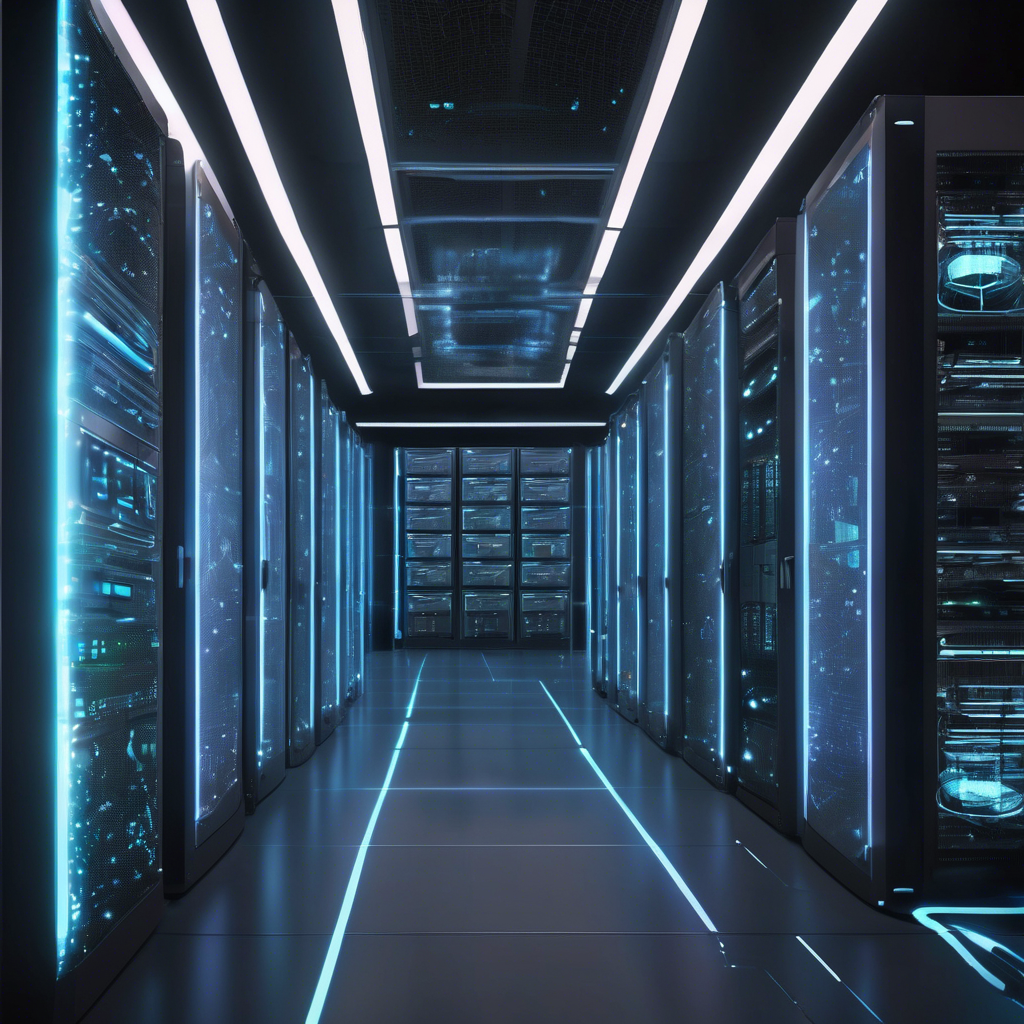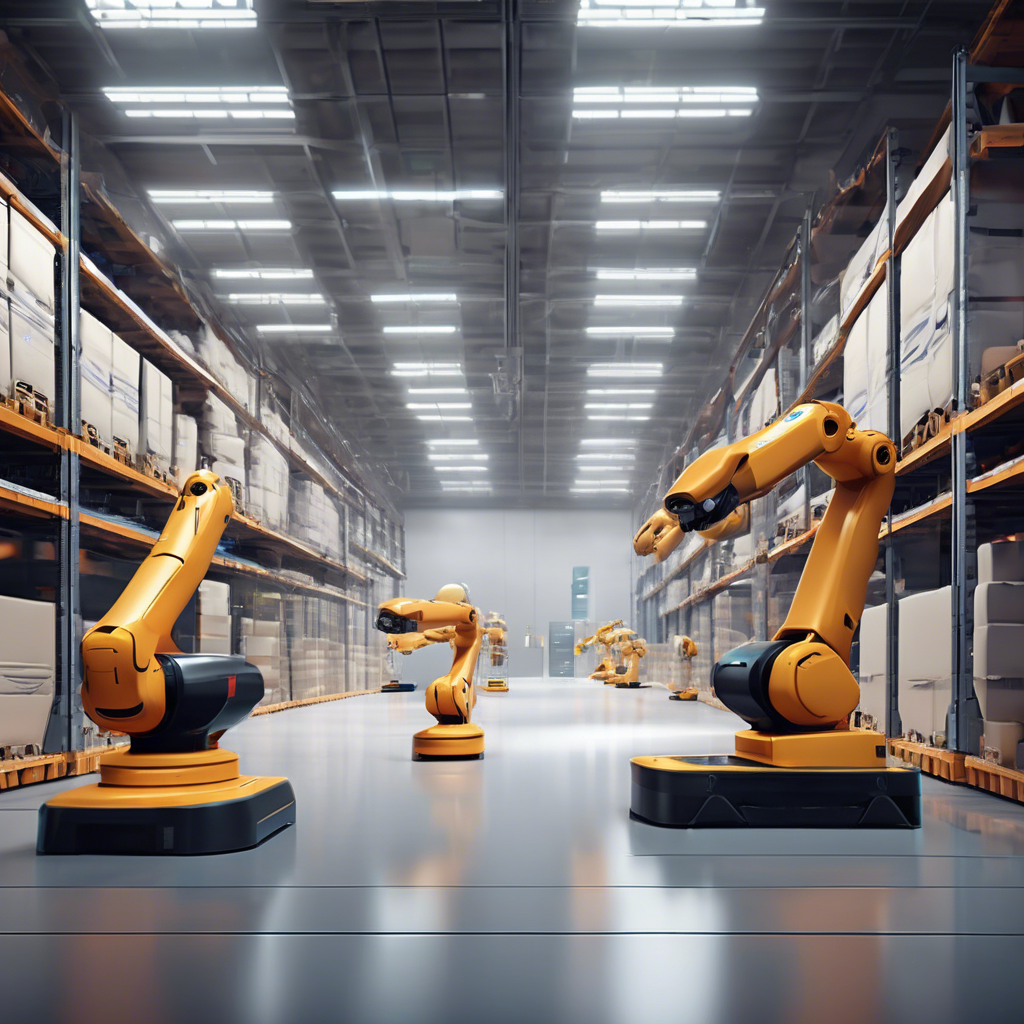Google I/O 2025 Unveils Gemini AI World Model and Universal Assistant Vision

At Google’s I/O 2025 event in Silicon Valley, it became evident that Google is intensifying its AI initiatives under the Gemini brand, which includes a variety of model architectures and research, rapidly deploying innovations into products. Beyond new features, Google revealed a bold vision: creating an AI-centric operating system—not a traditional boot-up system but a logical layer accessible by every app. This “world model” aims to power a universal assistant understanding the physical world, reasoning, and acting on users’ behalf. This strategic approach may have been overshadowed by the event’s many announcements but is crucial for Google’s ambition to leapfrog rivals. Google is investing billions into this moonshot, facing the challenge of translating its AI research into products faster than competitors who excel in packaging AI into accessible, commercially viable solutions. It must outmaneuver Microsoft’s focused strategy, counter OpenAI’s hardware ambitions, and protect its lucrative search empire amid AI disruption. Google’s scale is immense: Sundar Pichai reported processing 480 trillion tokens per month—50 times last year’s amount and nearly five times Microsoft’s volume. Developer engagement is surging with over 7 million now using the Gemini API, a fivefold increase since the previous I/O, and usage on Vertex AI climbing 40 times. Efficiency is improving through advanced models like Gemini 2. 5 and Ironwood TPU. New tools like AI Mode and AI Overviews, reaching 1. 5 billion monthly users, help refine search’s transition into an AI-first experience. Central to Google’s vision is the “world model, ” an AI that deeply comprehends real-world dynamics, supporting a universal assistant powered solely by Google. This presents tension over how much control Google wishes to exert: should it primarily safeguard its $200 billion search business by integrating the AI internally, or openly share foundational AI with external developers—an ecosystem already involving over 20 million developers?Google often reserves key functions for its search but increasingly offers developer access, illustrated by Project Mariner, whose browser-automation features will soon extend broadly via the Gemini API, enabling rivals like Automation Anywhere and UiPath to build on it. The vision was articulated by Demis Hassabis, DeepMind CEO, who explained that Google is doubling down on artificial general intelligence (AGI). Gemini, the best multimodal model, is evolving into the world model—a system simulating the world’s principles such as cause and effect and intuitive physics, akin to human learning. DeepMind’s work on models like Genie 2, capable of generating interactive game environments from textual or image prompts, exemplifies this approach. Hassabis has been expanding on the world model and universal AI assistant concept since late 2024, with Pichai and Gemini leader Josh Woodward reiterating it at I/O. The Gemini app aspires to be a personal, proactive, and powerful universal AI assistant, per Hassabis, marking a key milestone toward AGI. Demonstrations like Flow, a filmmaking canvas leveraging Veo 3’s physics-aware video and audio capabilities, and the fine-tuned Gemini Robotics model, reveal world-model understanding entering creative and robotic applications. Pichai highlighted Project Astra’s integration of live video understanding and screen sharing into Gemini Live as part of this “universal assistant” evolution. Woodward showcased how personal contexts such as search history and soon Gmail/Calendar enable Gemini to anticipate user needs—like customized quizzes or tailored explanations—pioneering a future where users can “think things into existence” via the Gemini 2. 5 Pro model. Developer tools like Gemini 2. 5 Pro with “Deep Think, ” the efficient 2. 5 Flash model featuring audio and URL grounding, and the previewed Gemini Diffusion (indicating a willingness to go beyond pure Transformers for better efficiency) enrich Google’s toolkit. AI Studio, Firebase Studio, and Vertex AI serve as entry points for developers and enterprises. Strategically, Google faces pressure to defend its search-driven revenue and accelerate AI deployment amid formidable competition. Microsoft’s dominance in enterprise productivity with Office 365 and Copilot integration is difficult to surpass. Google’s potential edge lies in creating a superior AI-native interface—a universal assistant functioning as a new operating system for human-tech interaction.
Pichai speculated that awareness of physical surroundings, possibly via AR glasses, could be the next leap forward. However, challenges remain: regulatory threats like the U. S. Department of Justice’s antitrust scrutiny, potential Chrome divestiture, and Europe’s Digital Markets Act may constrain Google’s AI reach. Execution speed is critical, although recent progress suggests Google is accelerating. Industry-wide challenges facing major players like Apple emphasize the difficulty of large-scale AI transitions. Nonetheless, Google’s steady acquisition of enterprise AI customers underscores solid execution behind the scenes. Competitors advance concurrently. Microsoft emphasizes enterprise AI productivity with tools like Microsoft 365 Copilot and Azure AI Foundry and promotes an “open agentic web” strategy to integrate diverse AI technologies. OpenAI leads in consumer reach, boasting 600 million monthly users for ChatGPT versus Gemini’s 400 million. It recently launched search and plans ad offerings, threatening Google’s search dominance. OpenAI’s significant investment in a potential hardware product aimed to disrupt parallels Apple’s mobile breakthrough but faces limitations from AI’s increasing openness. Meanwhile, Google manages a complex ecosystem of developer tools balancing diverse needs, and Amazon presses its advantage via Bedrock, hosting multiple AI models for enterprise customers. For enterprises, Google’s world model vision offers transformative potential but requires strategic planning. Acting promptly will avoid costly retrofits as assistant-driven interfaces emerge. Leveraging Google’s multimodal and AGI progress could yield innovation but demands readiness for a new interaction paradigm with API and agentic integration. Enterprises must weigh the long-term nature and risks of Google’s vision against more immediately pragmatic options from Microsoft or OpenAI’s innovative hardware-AI blends. Adopting a diversified approach to leverage strengths across platforms aligns with the evolving open agentic web. These critical decisions and real-world AI adoption strategies will be focal points at VentureBeat’s Transform 2025 event, gathering enterprise leaders and tech pioneers to discuss platform choices and AI implementation. Early registration is advised due to limited seating. In sum, Google’s I/O showcased an ambitious push to shape the AI future by architecting a foundational “world model” and universal assistant, aiming to redefine computing and secure dominance. The technological promise is vast, but execution and timing pose significant questions: can Google integrate its expansive technologies faster than competitors entrench themselves?Can it transform search while navigating regulatory hurdles and serving both consumers and enterprises with a broadly scoped agenda? The coming years will be decisive. Success could usher in an era of ambient, personalized intelligence reimagining human-computer interaction. Failure might leave Google as a cautionary tale—a giant attempting everything but eclipsed by nimbler rivals with sharper, quicker focus.
Brief news summary
At Google I/O 2025, Google unveiled its advanced AI strategy centered on the Gemini project and a groundbreaking “world model” designed to create a universal AI assistant with deep real-world understanding and interaction. This innovation aims to establish a new AI-era operating system—a smart logic layer integrated across applications—positioning Google ahead of competitors like Microsoft and OpenAI. CEO Sundar Pichai highlighted that over 7 million developers are utilizing Gemini APIs, while DeepMind’s Demis Hassabis underscored progress toward artificial general intelligence (AGI). Innovations showcased include the Flow filmmaking tool and robotics models demonstrating advanced world-model comprehension. Despite notable advancements, Google faces challenges balancing developer openness with control over its $200 billion search business amid increasing regulatory scrutiny. Rivals such as Microsoft, OpenAI, and Amazon are advancing rapidly, intensifying competition. Google’s expansive AI ecosystem provides powerful tools but adds complexity for users. For enterprises, Google’s AI vision promises transformation, though success hinges on the world model’s performance against faster-deployed competitors. Ultimately, rapid execution, seamless integration, and regulatory agility will determine if Google leads the ambient intelligence era or falls behind in this pivotal AI race shaping global digital interaction and computing.
AI-powered Lead Generation in Social Media
and Search Engines
Let AI take control and automatically generate leads for you!

I'm your Content Manager, ready to handle your first test assignment
Learn how AI can help your business.
Let’s talk!

U.S. Congress Nears Passage of Stablecoin Regulat…
After multiple efforts over the years, the United States Congress is now close to enacting a comprehensive regulatory framework specifically for stablecoins.

Elon Musk Plans to Retrain AI Platform Grok to Al…
Elon Musk, the prominent entrepreneur and CEO of several leading technology firms, has recently expressed dissatisfaction with his AI platform Grok’s performance, especially concerning its responses to controversial or divisive questions.

Elon Musk's Grok Rewrite: AI Platform to Align wi…
Elon Musk has openly expressed dissatisfaction with the performance of his artificial intelligence platform, Grok, especially concerning its handling of controversial or divisive questions.

Pakistan Launches Crypto Council to Regulate Bloc…
Pakistan has made a significant advancement in adopting digital innovation by establishing the Pakistan Crypto Council (PCC).

Hong Kong Web3 group issues blueprint for acceler…
In a call for increased investment to speed up blockchain infrastructure development, industry group Web3 Harbour and accounting firm PwC Hong Kong launched the “Hong Kong Web3 Blueprint” on Monday, building on the city’s recent momentum.

Duke researchers examine AI safety in a health ca…
Healthcare professionals are increasingly incorporating artificial intelligence (AI) technologies into their daily workflows, especially for time-intensive tasks like medical note-taking.

Amazon Enhances Robotics with AI Integration
Amazon has recently enhanced its AI and robotics capabilities by hiring Covariant’s founders—Pieter Abbeel, Peter Chen, and Rocky Duan—and approximately one-fourth of its employees.

 Auto-Filling SEO Website as a Gift
Auto-Filling SEO Website as a Gift








 Auto-Filling SEO Website as a Gift
Auto-Filling SEO Website as a Gift

